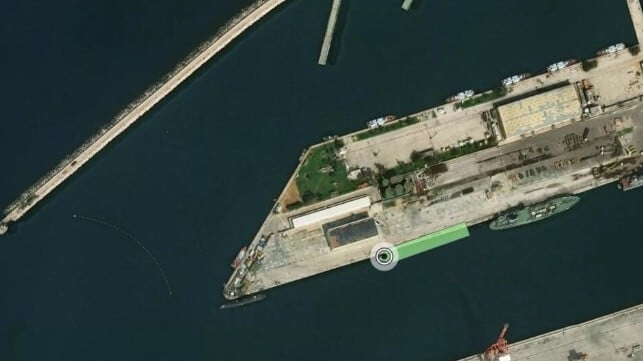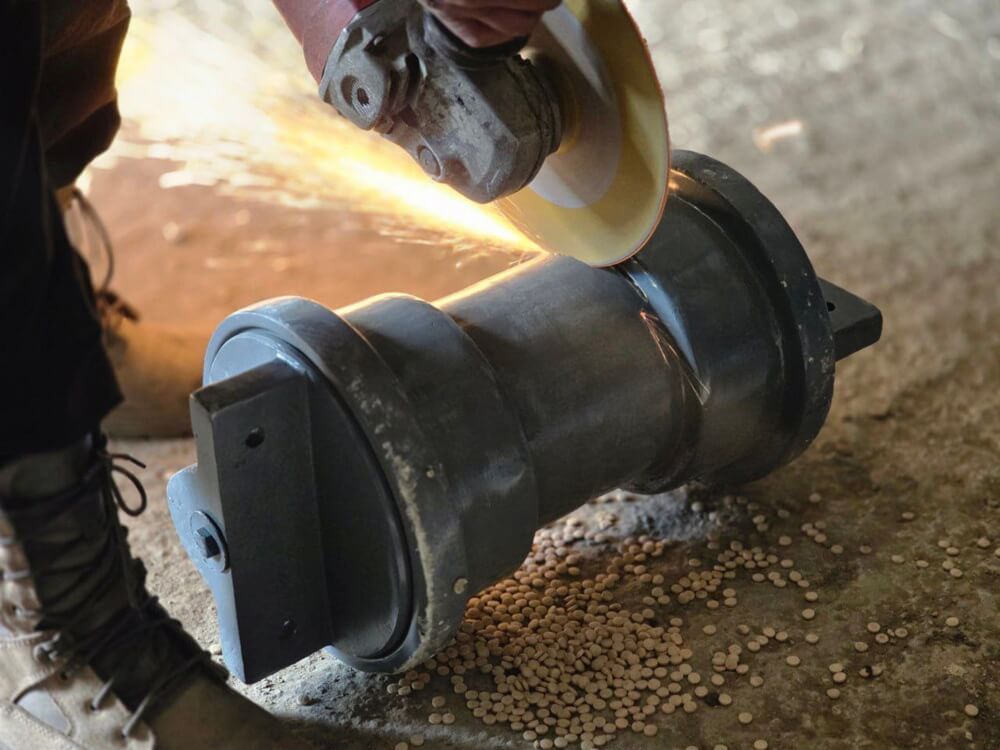Syria's New Government Cancels Russian Port Lease at Tartus

On Monday, the new government of Syria canceled Russia's 49-year operating lease at the port of Tartus, bringing a multi-decade Russian naval presence in the Eastern Mediterranean to a close. A military cargo ship that had been loitering just off the coast has now berthed at the Russian naval pier, where military vehicles are staged for a likely evacuation.
"According to the Director of Tartous Customs, the agreement signed with the Russian company to invest in Tartous Port has been canceled and all its revenues are now for the benefit of the Syrian state," reported local news agency Levant24.
In early December, U.S.-designated terror group Hay'at Tahrir al-Sham (HTS) ousted Syrian dictator Bashar al-Assad, driving Assad's Russian military backers to retreat to their longtime bases at Tartus and Hmeimem.
Under Assad, Russia had secured a 49-year renewal of its longtime lease on the port of Tartus, home of the only Russian naval base in the Mediterranean. When HTS forced Assad to flee the country in December, that long-term port agreement was thrown into doubt, since the Russian Air Force had bombarded HTS and its allies throughout the civil war.
As an apparent precaution, the Russian Navy's Mediterranean Flotilla left Tartus en masse and took up station off the coast. The military cargo vessels Sparta and Sparta II joined the task force in early January, and held station in a racetrack pattern for weeks, prompting speculation about a possible evacuation.
Amidst rumors of failed negotiations over a continuing Russian presence in Syria, Russian ground forces accumulated a stockpile of valuable equipment on the quayside at Tartus. Ukraine's military intelligence agency, HUR, claimed earlier this month that Syria's new rulers were not allowing Russian ships to enter Tartus to remove the giant accumulation of gear - which may include several top-end S-400 air defense systems.
On Tuesday, after news broke of the cancelation of Russia's long-term port lease, Sparta II entered the inner harbor and berthed next to the equipment stockpile. Satellite imaging will soon confirm whether the vessel begins loading out the staged vehicles for shipment. The next destination, whether in Russia or in another part of the Mediterranean, remains to be seen.
"There is no comparable alternative base for the [Russian Navy] in the region," UK military intelligence said in a statement Tuesday. "Its ability to logistically support both its military and its private military contractors in Africa, as well as limiting the reputational damage incurred through the fall of the Assad regime, will almost certainly be priorities for the Russian government."
Another key change may be coming soon for Syria's ports. There are early signs that HTS is dismantling the drug-smuggling industry that sustained the al-Assad regime in the later years of the civil war. The manufacture and export of illicit stimulants generated billions in revenue for Assad's family and for the Syrian military. Under the leadership of Bashar's brother Maher al-Assad, Syria became the world's leading exporter of the amphetamine known as captagon; the small yellow pills became a familiar sight across the Mideast, and were favored by terrorist groups like Islamic State for the drug's tendency to enhance energy and courage in combat.
HTS security forces cut open equipment to reveal illicit cargo of captagon pills (HTS)
Latakia was the captagon industry's primary port for importing the precursors needed for manufacturing the drug, according to security researchers. Most exports were smuggled across the Jordanian border, but substantial quantities were also hidden in ocean freight shipments dispatched via Tartus and Latakia.

